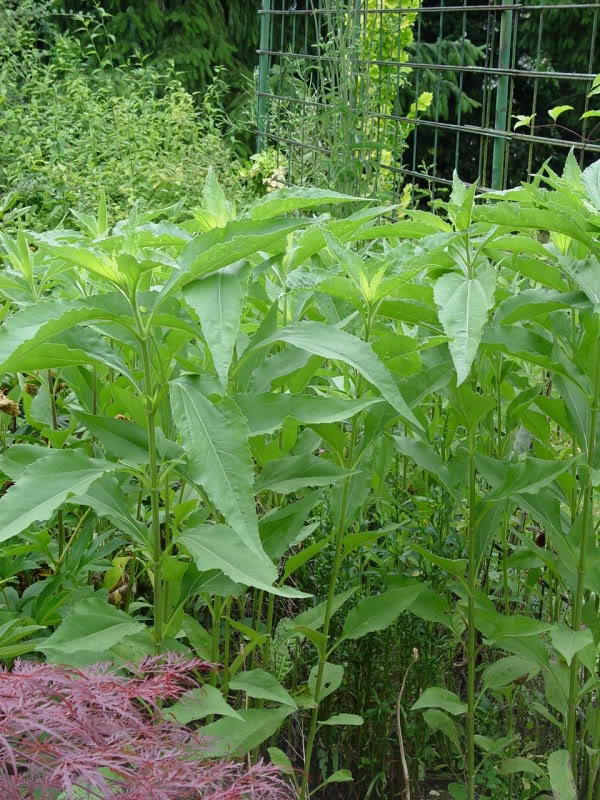Using weed killer? Be sure to "concentrate!"
The weeds just keep coming, especially this year. When you get tired of pulling – or if there are just too many to even fathom it – a chemical weed killer could be the next step.
Here's the thing about herbicides: They have their ups and downs.
There’s no instant gratification. Unlike pulling, where a weed is gone instantly, most chemicals take some time to work. The weeds will continue to taunt you, even as they’re dying.
Others might pop up in the meantime. Most herbicides aren’t preventative. They go after what’s above ground.
Still, enough is enough of pulling weeds. Knees get sore. Arms grow tired. The back gets stiff.

If you decide to use a chemical killer, choose a non-windy day. Make sure it’s been dry for 24 hours. And polish your aim, so as to not spray desirable plants.
A trip to the garden store will reveal plenty of herbicide options. Read the labels carefully. Here’s where we suggest you really “concentrate” – pun intended.
Premixed herbicides are convenient, but not cost-effective. Stretch your dollars by buying a concentrate and mixing your own. Measure according to instructions. You'll save on both money and extra trips to the store.
A concentrate lasts longer in storage, too. Premixed herbicides lose their potency over time. Being diluted, the chemical agents begin to separate from other ingredients.
Any herbicide has a shelf life. Extend it by storing the chemicals in a controlled environment, away from direct sun or wild temperature swings.
It’s always frustrating to see weeds invading your landscapes. Don’t frustrate yourself by attacking them with chemicals that don’t work. Instead, “concentrate” on your success, and wave the weeds goodbye.
<<-- Back to List
Email to a friend